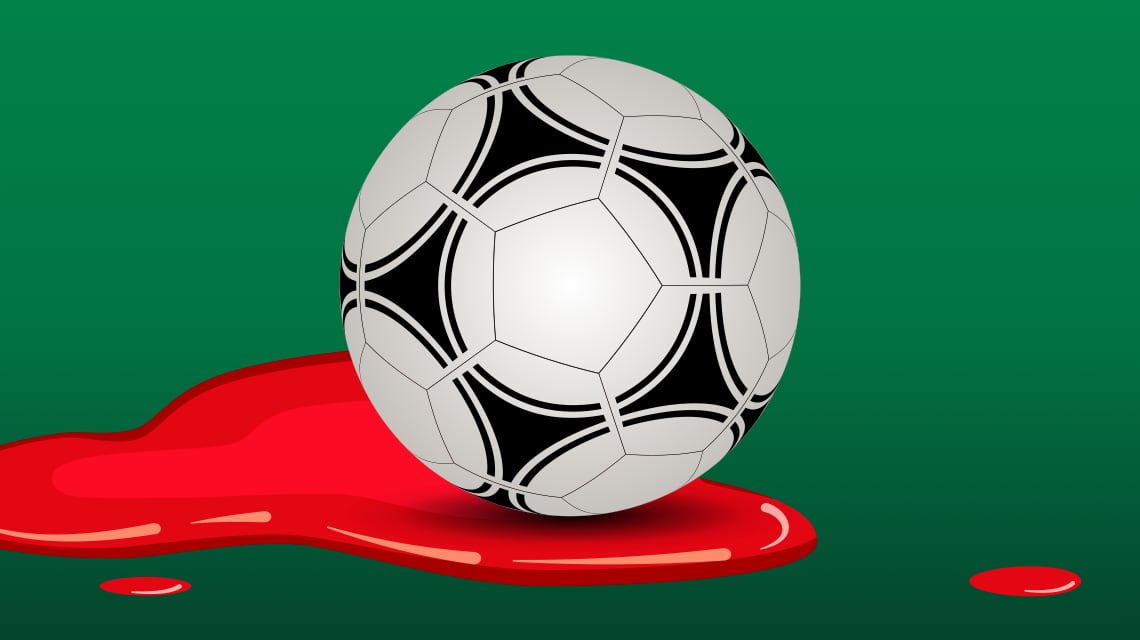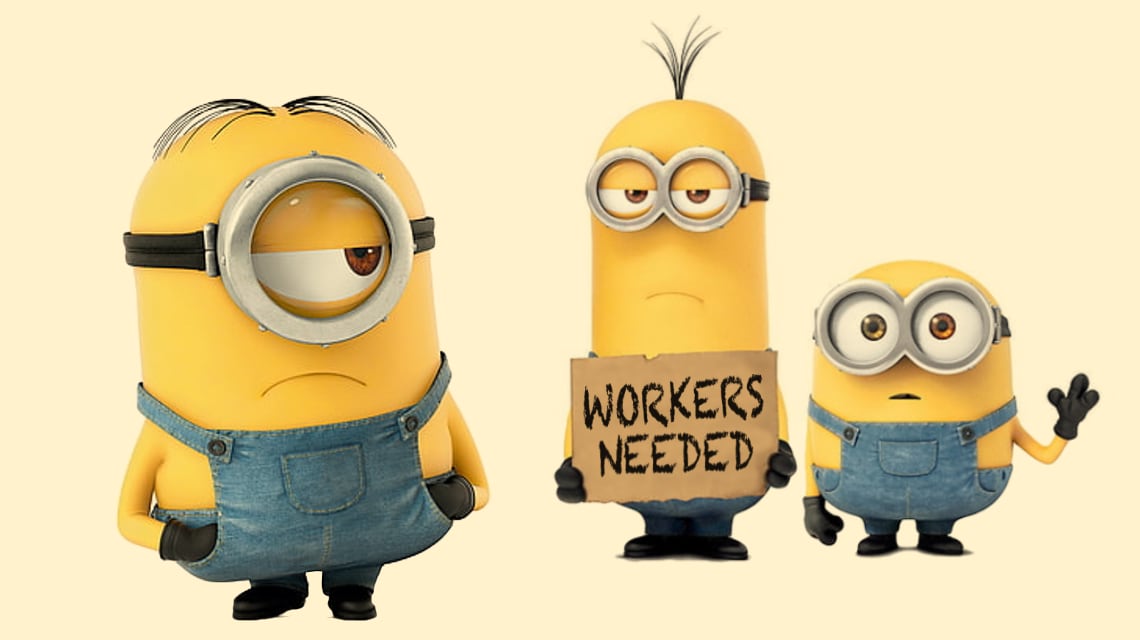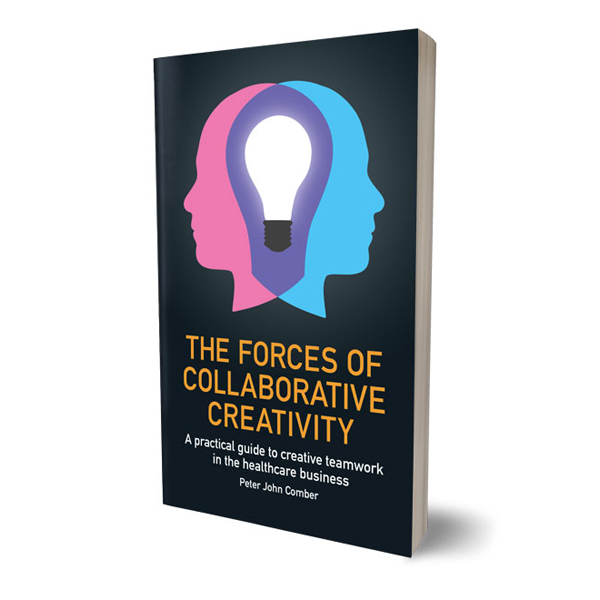Everyone is watching.
How sketchy can the FIFA World Cup get before sponsors walk away?
In an official communication, FIFA President Gianni Infantino said that the FIFA World Cup 2022 in Qatar reached a worldwide audience of more than five billion viewers*. Good news for the 27 brands that together spent an estimated $1.7 billion to be official brand sponsorship partners with prime marketing rights. Reaching that many eyeballs that quickly is not an easy feat by any other means and the prestige and instant, diffuse visibility that comes with being a sponsor of a massive global event are priceless.
So was sponsoring the 2022 World Cup a good deal? Yes and no.
By most calculations, the answer is yes. No other event attracts so much attention from so many people. For generating mass awareness it’s very effective. Even the many long games that were a feature of this tournament, with unusually protracted overtime and extra time, ultimately meant more exposure for sponsors. Even Budweiser, which suffered the indignity (or enjoyed the free press coverage?) of their product “official World Cup beer” being removed from the stadiums, must be happy. Or are they? Public consumption of alcohol is an offence in Qatar that carries a penalty of up to six months in prison plus a fine of more than US$800. Did FIFA and its sponsors sincerely believe they could create a temporary autonomous zone where their host nation would wave their laws and customs? Because that failed illusion is where the argument against sponsorship of the World Cup in Qatar lies.
From a western perspective, Qatar is guilty of denying basic human rights. Qatari laws impose male guardianship on all women, denying them the right to autonomously make key decisions in their lives. The Qatari penal code prescribes the punishment for consensual sexual relations between men above age 16 as up to 7 years in prison. For many football fans, brands that talk of diversity equity and inclusion while sponsoring a World Cup in Qatar seem hypocritical, naive or cynical. Brands that support free speech do not enhance their image by associating themselves with Qatar which punishes spreading “false news” (potentially, anything) on the internet or posting content that “violates social values or principles” with up to 3 years in prison plus a fine of US$137,000. Even waving aside these issues as pertaining to the cultural beliefs of a sovereign state whose values must be respected we are left with the issue of workers’ rights.
Hassan al-Thawadi, secretary general of Qatar’s Supreme Committee for Delivery and Legacy, said in an interview with Piers Morgan that there have been “between 400 and 500” migrant worker deaths related to the construction of the buildings and infrastructure for the World Cup. Independent estimates are higher. To sponsor an event that causes numerous deaths is, to put it mildly, not good. Ultimately, it depends on the brand. If a brand wears its values on its sleeve and in its ads it shouldn’t associate itself with anything contrary to those values.
The brand that should have sustained the most damage from the FIFA World Cup 2022 was FIFA. The reason its standing wasn’t tarnished is simply because it was already regarded by many to be a corrupt, bigoted and valueless organisation.
‘FIFA recognises its obligation to uphold the inherent dignity and equal rights of everyone affected by its activities. This responsibility is enshrined in article 3 of the FIFA Statutes, which reads as follows: “FIFA is committed to respecting all internationally recognised human rights and shall strive to promote the protection of these rights.”’**
Because FIFA ignores its own rules the brands that sponsor FIFA events must obtain guarantees to protect their own image or walk away.
*https://www.fifa.com/about-fifa/president/news/gianni-infantino-football-is-becoming-truly-global
**https://www.fifa.com/social-impact/human-rights





